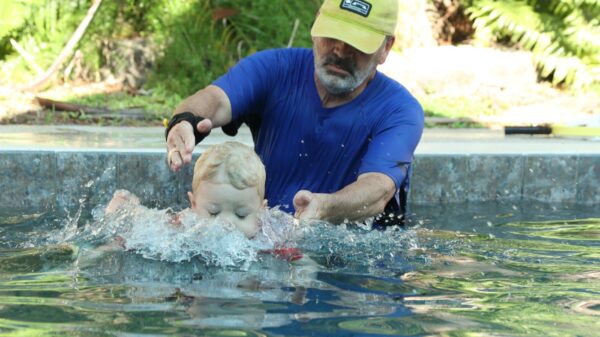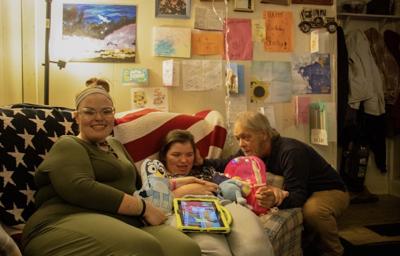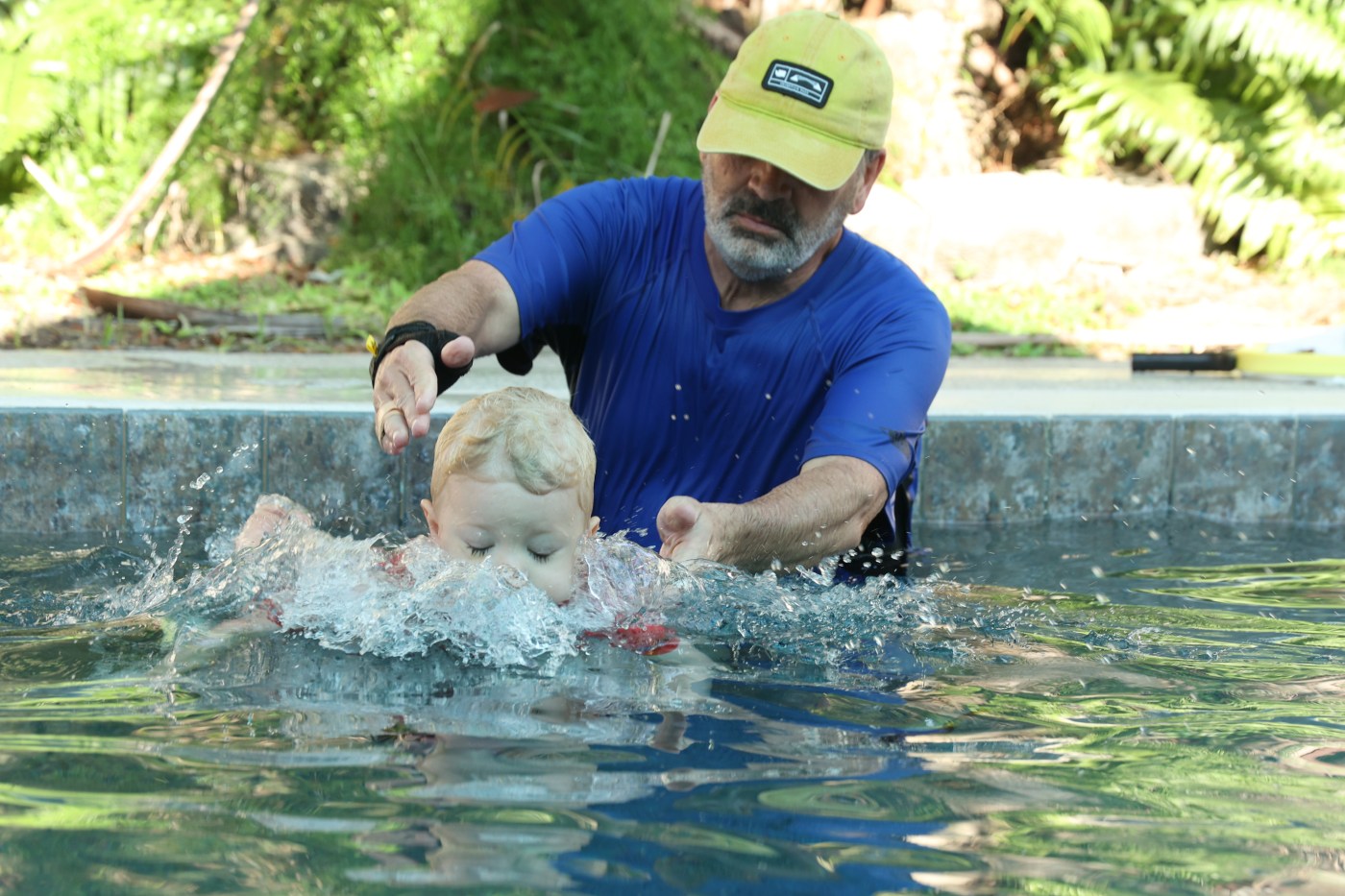Florida has set a troubling new record for childhood drowning deaths, with a total of 110 fatalities reported so far in 2023. This sharp increase underscores the state’s ongoing struggle with water safety, as Florida continues to lead the United States in child drowning incidents. In response to this alarming trend, two lawmakers from Orlando, State Senator Carlos Guillermo Smith and Representative Anna Eskamani, are advocating for enhanced drowning prevention measures aimed at protecting vulnerable children.
The proposed legislative package includes mandatory drowning prevention education for new parents, as well as stricter regulations for swimming pools in older homes that currently lack essential safety features. Senator Smith emphasized the urgency of the situation, stating, “There’s a crisis in our state…We know that these drownings are preventable.” The measures aim to raise awareness about the risks of drowning, which is especially prevalent in areas with abundant water access.
Legislative Proposals Targeting Drowning Prevention
If passed, the legislation, which includes SB 606 and HB 503, would integrate drowning prevention education into the existing postpartum education programs that new parents receive at hospitals and birthing centers. This additional education would cover topics such as bathtub safety and the importance of swimming lessons. Senator Smith noted that implementing this requirement would not incur any costs for the state, as the information could be easily incorporated into existing programs.
The legislation also aims to address safety standards for swimming pools in older homes. Currently, homes built before the Florida Residential Swimming Pool Safety Act of 2000 are not required to have safety features such as gates or alarms. Smith’s proposal, SB 610, would mandate upgrades to current safety codes when such homes are sold or change ownership.
Additionally, SB 608 seeks to ensure that short-term rental properties, including those listed on platforms like Airbnb, comply with these safety regulations immediately. “I’m presenting a menu of proposals for the legislature to take action to prevent child drowning,” Smith stated.
Addressing Disparities in Water Safety Access
The increase in child drownings highlights significant disparities in access to swimming lessons, particularly among low-income and Black communities. A study conducted by USA Swimming revealed that 79 percent of children from low-income families possess little to no swimming ability. Furthermore, Black children are statistically 1.5 times more likely to drown than their white counterparts.
Nathalie Martin, founder of the Swim Global Project, spoke about the barriers families face in accessing swimming lessons, pointing out that cost and distance are significant obstacles. Approximately 25 percent of drowning deaths in the state involve children with autism, who often wander away from caregivers and are drawn to water.
To combat these challenges, part of Smith and Eskamani’s legislative efforts focuses on connecting families with affordable or free swimming lessons. “The good news is we have a lot of resources and programs for families of all incomes to get access to swimming lessons and drowning prevention,” Eskamani remarked.
With the rising number of drowning deaths, the urgency for effective legislation is clear. Florida’s lawmakers are pushing for immediate action to safeguard children and prevent future tragedies. As Smith concluded, “In a blink of an eye, in a matter of seconds, a child can gain access to a swimming pool that’s not secured, and that unfortunately can be tragic.”








































































